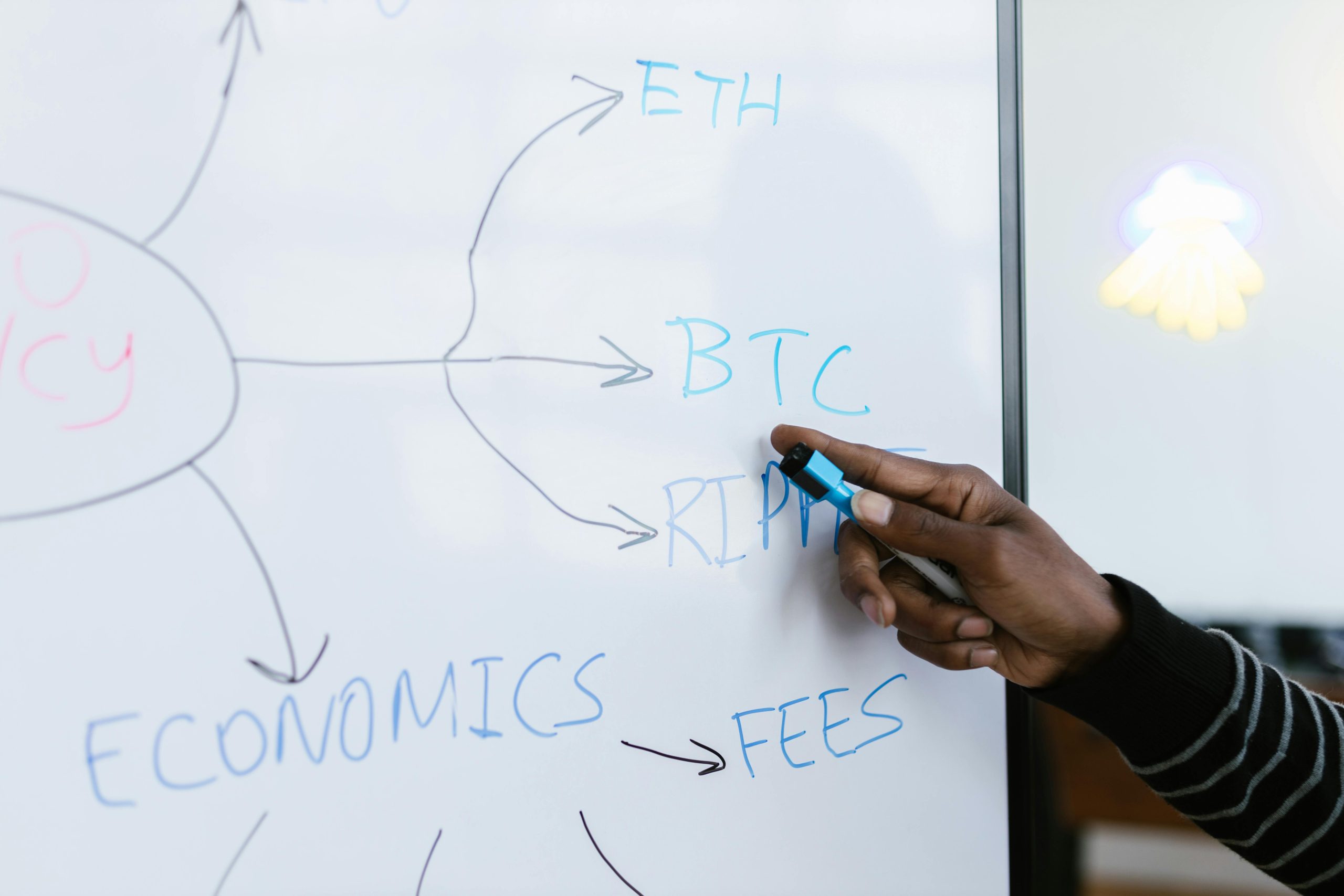
Introduction
In the ever-evolving landscape of global logistics, supply chain efficiency and resilience are paramount. Tokenized platforms, leveraging blockchain technology, present innovative solutions to longstanding challenges. This article explores how these platforms can transform supply chains, focusing on actionable insights for logistics managers and supply chain analysts.
Challenges Faced in Supply Chains
Supply chains today grapple with issues such as lack of transparency, inefficiencies, and vulnerability to disruptions. These challenges can result in increased costs, delays, and reduced customer satisfaction. As globalization intensifies, the need for robust solutions becomes even more critical.
Solutions Offered by Tokenization
Tokenization addresses these challenges by enhancing transparency and traceability. By converting physical assets into digital tokens, stakeholders can track goods in real-time, ensuring authenticity and reducing fraud. This technology streamlines processes, cutting down on time and cost.
Data Management
Effective data management is crucial for supply chain optimization. Tokenized platforms enable secure and immutable data sharing across the supply chain network. This fosters collaboration among stakeholders, facilitating better decision-making and minimizing errors.
Future Opportunities
The potential of tokenized platforms extends beyond current applications. As technology advances, opportunities for further integration into supply chains will emerge. This could lead to automated smart contracts, enhancing efficiency and resilience against unforeseen events.
Conclusion
Tokenized platforms represent a promising avenue for enhancing supply chain efficiency and resilience. By addressing existing challenges and leveraging advanced data management, these platforms offer practical solutions for global logistics managers. As the technology evolves, it holds the potential to redefine supply chain operations, paving the way for a more efficient and resilient future.

[page-generator-pro-related-links group=”Tokenized Platform” limit=”3″ output_type=”list_of_links” title=”More Tokenized Platform Articles”]





